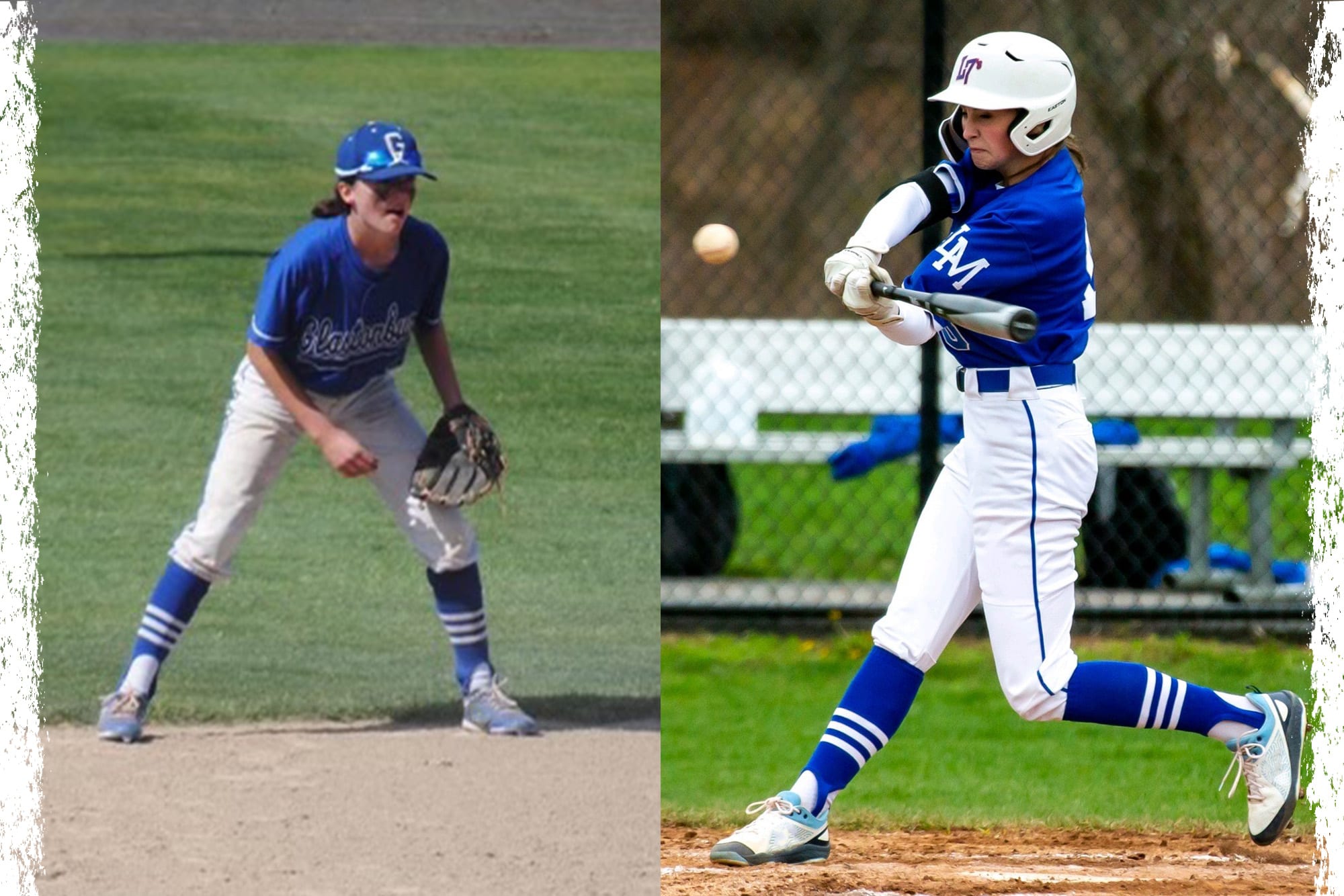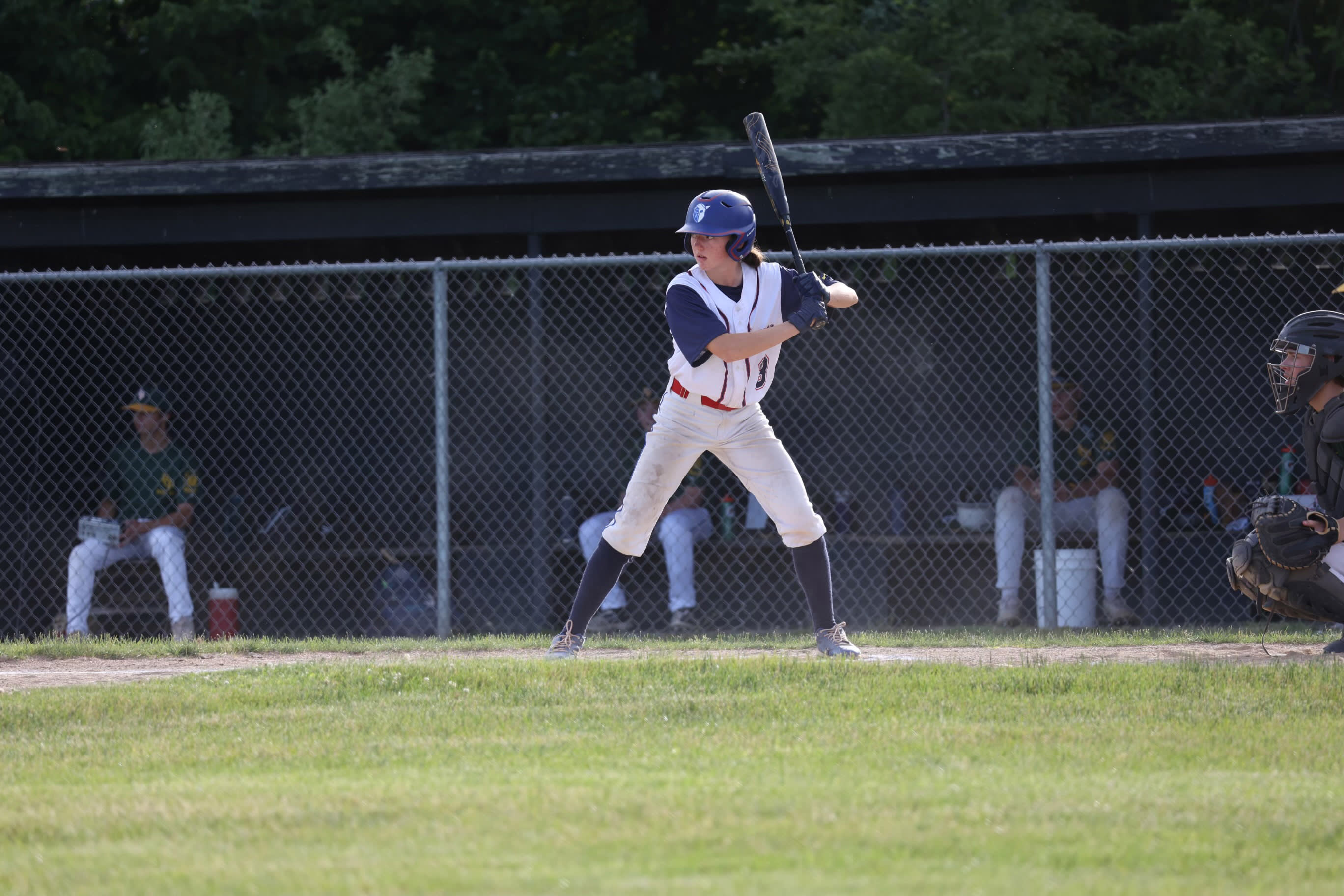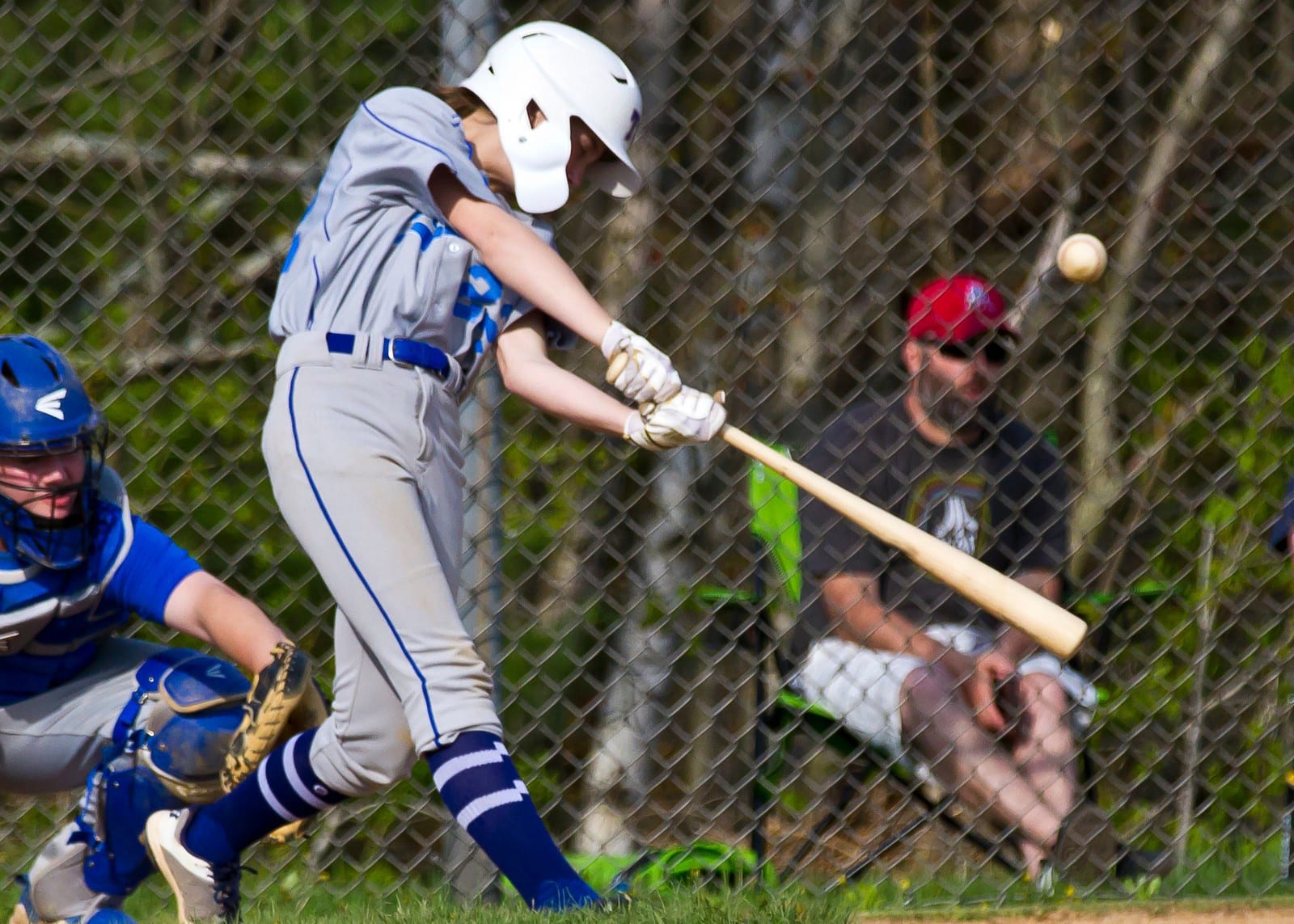
Baseball has largely been a male-dominated sport since its creation in 1876, but in 1984, Victoria Roche threw society’s gender norms a curveball by becoming the first girl to play in the Little League Baseball® World Series (LLBWS). While not the first girl to play baseball in the Little League® program, Ms. Roche’s appearance on the big stage helped inspire future generations of Girls with Game to want to play as well.
Since Ms. Roche first took the field more than 35 years ago, 19 other girls have competed in the LLBWS. Players like Mo’ne Davis, Krissy Wendell-Pohl, and Ella Bruning have etched their names in Little League history books playing alongside male teammates. Today, that inspiration continues to resonate at the local level of Little League and beyond, with more and more females taking the field to continue their baseball careers.
Take for example someone like Lily Woodworth, a rising junior at Glastonbury High School. From the moment her hand fit into a mitt, she knew softball was not the sport for her. Lily was raised on the baseball field, encouraged by her father, Mark Woodworth, who doubles as head baseball coach at Wesleyan University.
“My family grew up watching baseball, and I started playing Tee Ball when I was really little,” said Lily. “There were never signs that I needed to play softball. I never felt like I had to switch.”

Lily soon started playing for Glastonbury (Conn.) American LL and Glastonbury (Conn.) National LL from 2012-20. It was with her local Little League programs that she learned the fundamentals of baseball while also developing into a mentally tough young woman.
“I learned a lot about perseverance at Little League. There were a lot of times when I felt like I didn’t belong and that I should be playing softball instead,” said Lily. “But, I forced myself to persevere. I learned how to become a leader and a good teammate while pushing myself and others to always be a little bit better.”
According to her father, part of her comfortability on the baseball diamond is attributed to the supportive environment which allowed Lily to thrive on and off the field.
“I think the biggest key was the amazing support from the president of Glastonbury National Little League, Don Longton,” said Mr. Woodworth. “From the very first day of signups he was so supportive of Lily and that has continued to this day.’”
The outpour of support from Little League volunteers, her parents, and teammates allowed Lily to rise to her true potential as a baseball player. She took home the Glastonbury LL Ross Award in 2012 for accomplishments on the field and excellence as a teammate.
After graduating from Glastonbury LL programs, Lily made the high school baseball team her freshman and sophomore years playing second base.
“There are girls in my town who text me that their little sisters look up to me,” said Lilly. “That’s a huge deal to me. It proves I’m making an impact and it’s so important. I want to show girls that they can do whatever they want.”
While finding girls playing baseball beyond Little League is rare, it seems as though Lilies grow on baseball diamonds in Connecticut. Lily Woodworth is joined in the Connecticut baseball circuit by Lillian Martineau, another rising junior playing baseball 45 minutes away at Lewis Mills High School.
Lily Woodworth knew from the start her home was on the baseball diamond. However, Lillian Martineau played with Bristol (Conn.) Girls Softball LL for two years before moving to a neighboring town. It was then that she took her talents to Burlington (Conn.) LL and Hysa LL (Harwinton, Conn.) to play baseball.
“When I moved to Harwinton it was the realistic choice for me to switch to baseball,” said Lillian. “Switching from playing with girls to playing with boys made me a little bit nervous, but I just wanted to keep playing the game and there were no softball leagues near me.”

For seven years, Lillian played Little League Baseball, learning the foundational skills that would stick with her for the rest of her career.
“Little League gave me this mentality and work ethic I have today,” said Lillian. “Starting in third grade, my dad and I would get to the games super early to get extra work in. I really built up a competitive mindset in Little League.”
Lillian and her father spent those Little League years putting in extra hours before and after games. She continued to pave the way for younger generations of female baseball players in the ensuing years, confronting school administrators who told her she could not play baseball at the next level.
With resilience and passion, Lillian fought for her rightful place on the diamond, eventually earning a spot on the middle school team next to her longtime Little League teammates.
“I had to have an opportunistic mindset and always try to grow, not worry about things I can’t control or focus too much on the negatives,” said Lillian.
Now, after playing two years on the junior varsity team, Lillian is poised for a junior year where she will work towards her goal of playing college baseball.
Through their already extensive baseball careers, Lily and Lillian have accumulated a wealth of experience on the diamond. Whatever the future holds for these Girls with Game, they leave a legacy of life lessons for future generations of female baseball players to use as a guide.
“If you’re trying to play baseball as a girl, just focus on yourself and your abilities,” said Lillian. “Don’t try to compare yourself to other people. They might be doing things a certain way but that might not work for you. Believe in yourself and what you can do.”
To learn more about the Little League Girls with Game Initiative, visit LittleLeague.org/GirlsWithGame